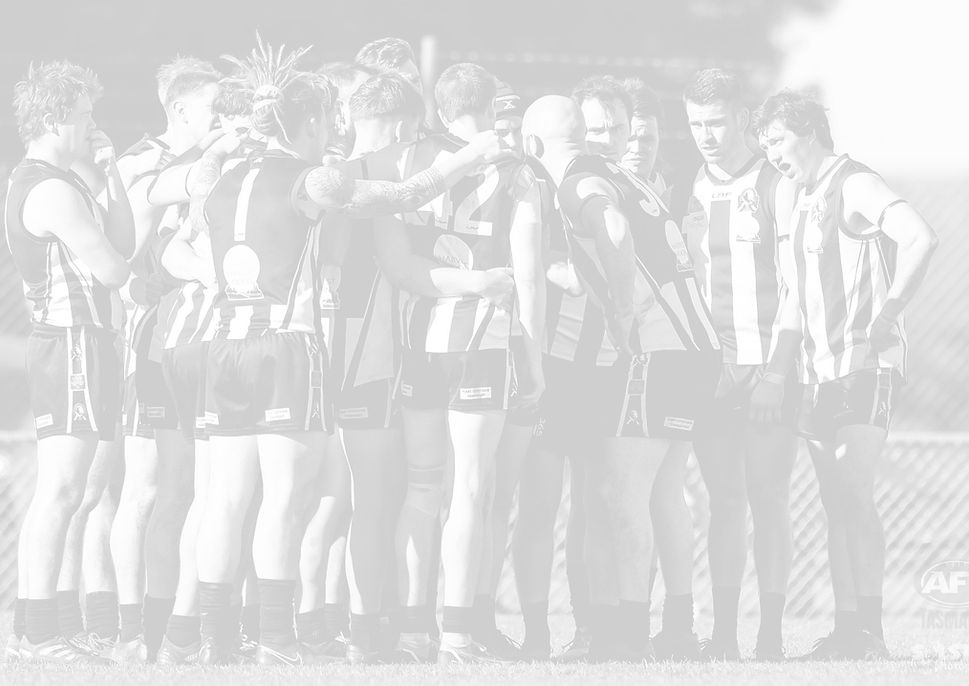ABOUT US

History of the NWFA

Tasmanian football history is difficult to trace and it is possible that it may even have played some part in the early origins of Australian Rules Football.
Organised “Foot-ball” matches have been recorded in Van Diemens Land (Tasmania) since 1851, while matches in the southern Tasmanian towns of Hobart and Richmond, between 1853 and 1855, significantly pre-date those recorded in suburban Melbourne. There are claims that early matches played in Tasmania may have been an early form of rugby football, pointing to early mentions of goal posts with cross-bars and offside rules of later Tasmanian clubs.
However, apart from the fact that they were organised and played, few details of these matches actually survive and the popularity of football in the fast growing colony of Victoria, quickly eclipsed the following that the pastime had in the newly named colony of Tasmania.
The “football” club formed in Newtown, in 1864, is believed to be the earliest in Tasmania – but disbanded soon after. By the mid to late1860s more stable clubs including Derwent and Stowell emerged.
It was not until the adoption of “Victorian Football Rules” in 1866, that Tasmanian football was properly organised and recognised and even by then some clubs may have for a brief time continued playing by their own rules.
The history of local Tasmanian football differs considerably from any of the mainland states. Whereas mainland states had a major population centre around which a single dominant league was based, Tasmania’s population was more evenly distributed. The consequences of this were three-fold – firstly, a strong intrastate rivalry not noted in any mainland state, secondly, three different top-level football leagues in different regions of the State; and thirdly, the ability for teams representing very small towns to form local competitions.
It was in keeping with this background of Tasmanian football the North Western Football Association was founded in 1894 and is the longest running football competition in Tasmania.
After a meeting in the Formby Hotel, Devonport, in 1894, the founding clubs were Devonport, Latrobe, Mersey and Ulverstone.The North Western Football Association was the senior football body in the North West.
In 1910 there was a break away group of teams that formed the North Western Football Union and the NWFA was then considered a junior competition and a feeder to the NWFU. The NWFA has seen many teams come and go from all parts of the North West. The include Burnie, Penguin, Mole Creek,Wilmot, Barrington, Don, East Devonport, Moriarty, Sassafras,Melrose and Gowrie Park to mention a few of the 50 or so that have participated.
The NWFA has shown that it supports the development of football by accepting teams from all areas since its founding year. Teams such as Rosebery, Gowrie Park, Mole Creek and Melrose,are all teams that were previously affiliated with now defunct competitions, brought about by various factors such as changing social patters and employment opportunities.
There have been many successful teams within the NWFA.The now defunct club Mersey won 13 premierships between 1894 and 1949, Forth have picked up 17 flags and Wesley Vale is the leading club with 20 premierships. Three clubs have won the premiership four times in a row, namely Forth 1937-40, Gowrie Park 1967-70 and Spreyton 1975-78. Mersey had an amazing run between 1898 and 1909. They appeared in 11 Grand Finals for a return of eight premierships.
The existing clubs are currently Forth, Wesley Vale, Rosebery Toorak, Spreyton, Motton Preston, East Ulverstone, West Ulverstone, Turners Beach and Sheffield.
NWFA Life Members
G.C Bellchambers C. Perry Ricky Rodman
C.L Richmond Laurie Keygan Peter King
H.A Clayton R.J Breen Nigel Webb
W.J Mawer J. Stewart Basil Barnes
GR.G Kenny J. Palmer Kevin Jones
Peter Skirving S.L O'Brien
M. Stevens Walter Brown
W.T Gorman Tony Radford
R.N Smith P. Leary
R. Dick David Loone
C. Fidler Lester Shadbold
R. Richards T. Jordan
G. West David Petrie
W.M Ellings Dean Martin
David Jeffrey Royce Miles
Allan Brown Nigel Nalder
M. Woodfield Wayne Sharman
G.V Foster Warren Bellchambers
Doug Cooper Peter Wiggers
R. Lapthorne Peter Dawkins
A. Manzie Lee Douglas
Barry Brown Ted Van Overmeeren
Stephen Shadbolt Duncan Murfet
Ian Drake Paul Johnson
Maurice Hillier Bruce Johnson
Kevin Parker John Malone